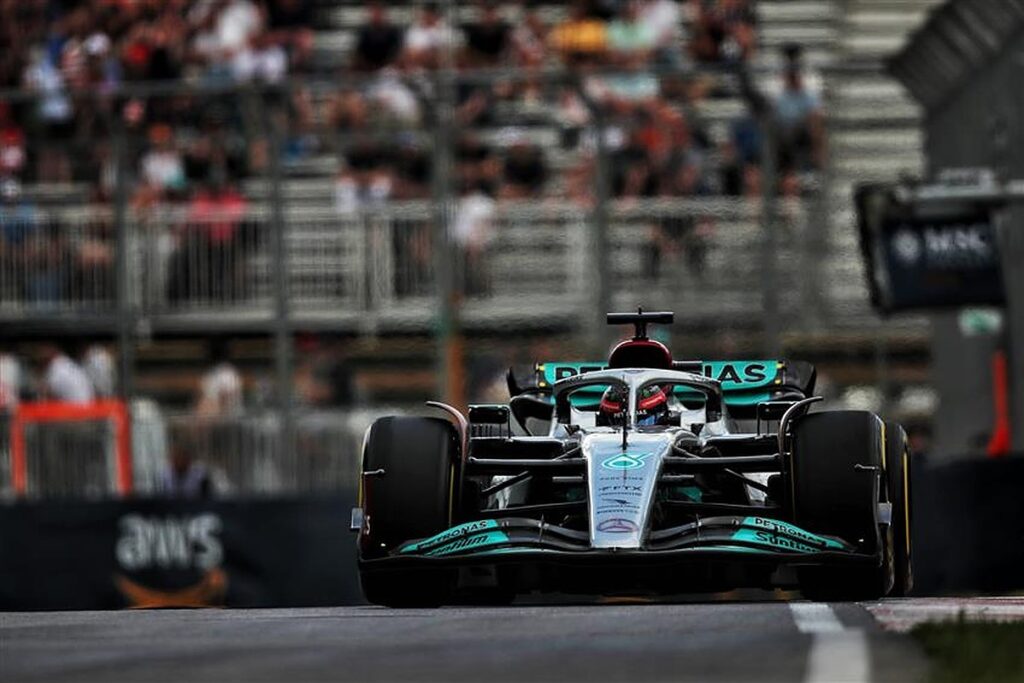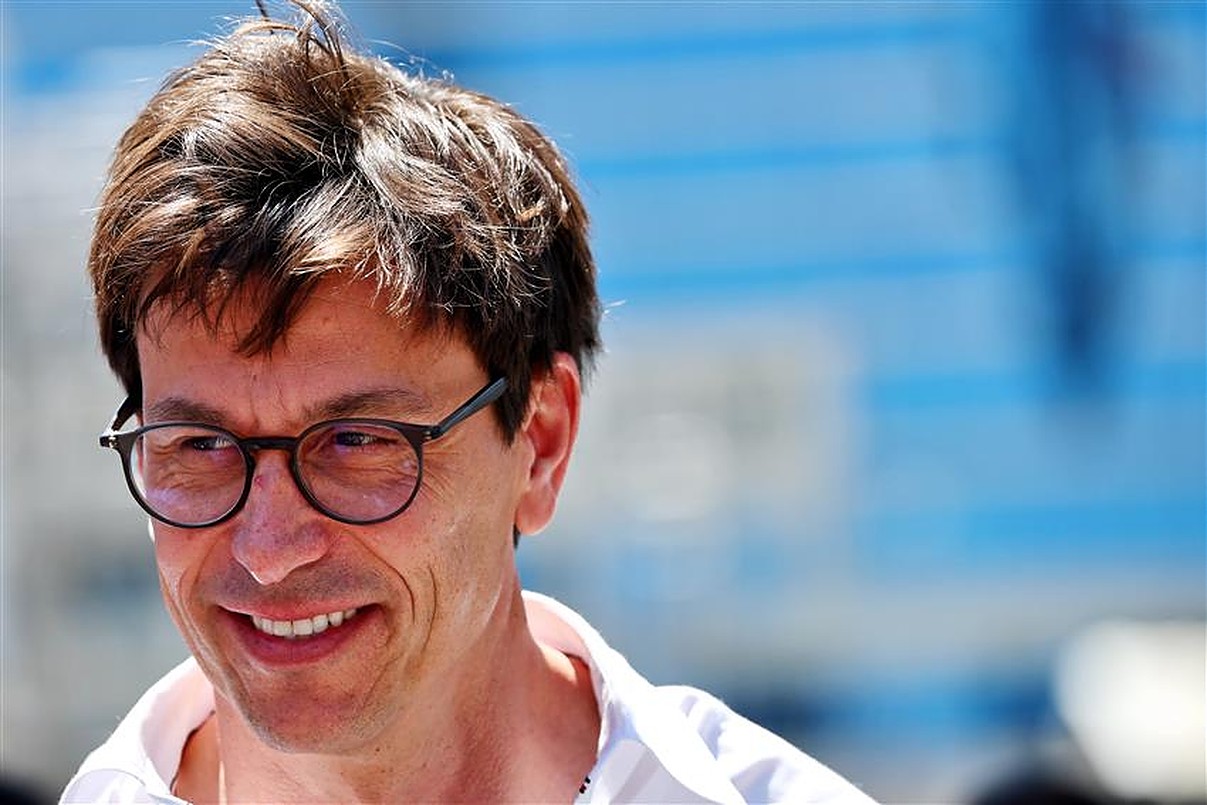Mercedes F1 Team boss Toto Wolff continues to fire back at rival teams who claim that nothing needs to be done about porpoising, despite new data which suggests that drivers are at a serious health risk.
Porpoising has been one of the most controversial topics of 2022, with some teams having experienced the bouncing problem more often than others.
Red Bull Racing and the Alpine F1 Team, for example, haven’t suffered from porpoising this season, with the pair being against any FIA intervention.
Mercedes, on the other hand, have suffered the most from porpoising on the grid, with Wolff having spoken to the FIA a number of times to raise the safety concerns that porpoising presents.

READ: Red Bull ‘ready to join forces’ with new engine partner in 2026 amid Porsche rumours
Sir Lewis Hamilton suffered from the worst porpoising seen this season at the Azerbaijan Grand Prix, which saw him suffer from spinal pain to the extent that he struggled to get out of his car following the race.
The FIA are believed to have become concerned over the issue and are therefore debating on whether to introduce new regulations in 2023 to eradicate porpoising.
The proposed regulation changes would see the floor edges raised and the underfloor diffuser throat raised by 25mm, all in support of driver safety.
As the rule tweaks would be due to driver safety, the FIA won’t need approval from all 10 teams, something which wouldn’t happen should the decision be down to the competing sides.
Wolff has come forward to explain that he is in favour of the regulations being tweaked for 2023 to improve driver safety, and not for the benefit of his team.
“The FIA has commissioned medical work on the porpoising. The outcome, the summary of the doctors is that a frequency of one to two hertz, sustained for a few minutes, can lead to brain damage,” said Wolff.
“We have six to seven hertz over several hours. So the answer is very easy. The FIA needs to do something about it.
“Do we know what needs to be done? Maybe we have only a direction. Lifting the floor edges up clearly is one of the directions.”
Some teams who are against the proposed regulation changes have argued that porpoising hasn’t been seen as severely at recent races, and that Mercedes have improved considerably.
George Russell qualified on pole at the Hungarian Grand Prix, in what was the first of his F1 career, and Mercedes’ first of the season.
Wolff doesn’t see the sense in this argument, with recent rounds having taken place at smoother circuits where bouncing is rarer than the likes of Azerbaijan.
READ: Aston Martin reveal when other teams will copy their innovative rear wing
“Even though we were on pole, we seem to understand a little bit more and we are running it on the ground, I still fundamentally believe there is no choice for the FIA or us [but] to do something,” added Wolff.
“Because I don’t want to have it back in Spa or some of the later races where the track isn’t as smooth as a conventional race track and we haven’t done anything and people say ‘now it is too late’.
“The argument that we haven’t had any porpoising or bouncing in the last few races doesn’t count because Silverstone, Paul Ricard, Austria aren’t exactly tracks that would bounce otherwise anyway.”

